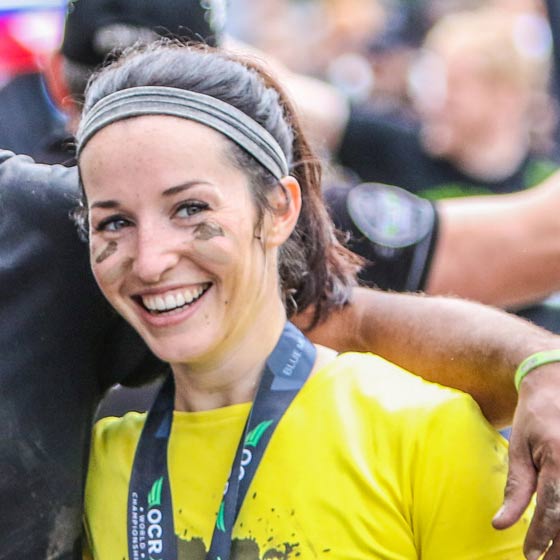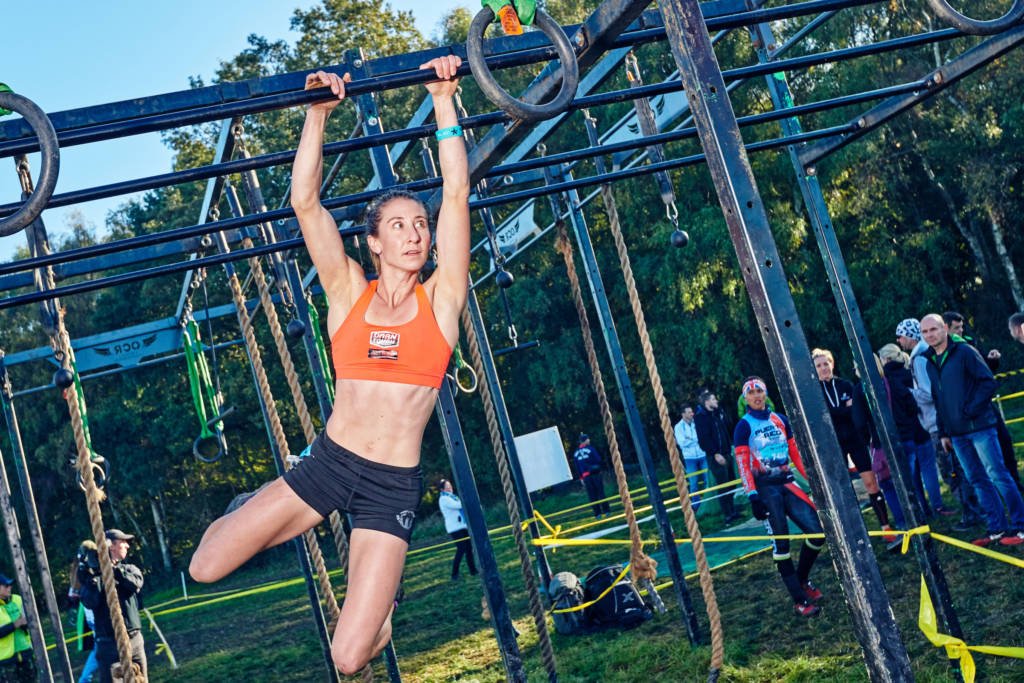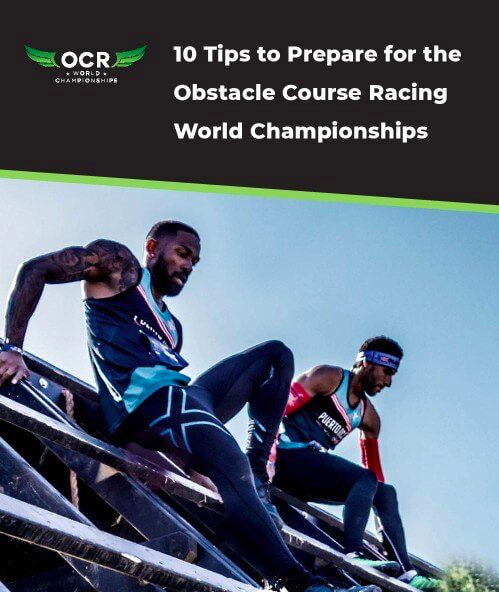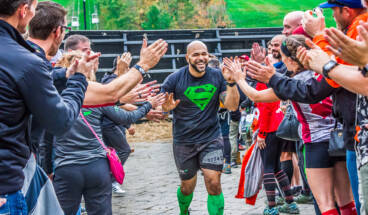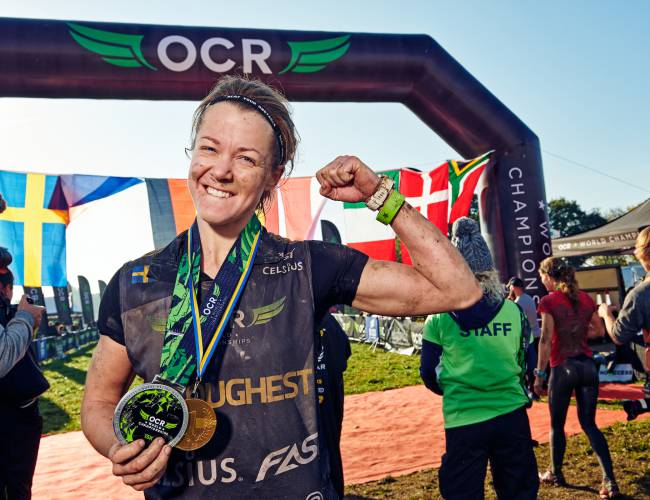
Mental Toughness: 5 Ways to Up Your OCR Mental Game
Who’s noticed it recently, a phenomenon on the start line… Mutterings of “Well I’ll try for this but…”. Half hearted efforts and undefined goals. Pre excuses before a race has even begun. I almost ask myself, why are you even here?
It’s quite simple to explain: people are scared. They’re afraid if they state a goal and don’t live up to it then will let themselves and others down. It’s much easier to pretend you’re not that bothered, or to claim your goal is much less than you hope, just in case you don’t make it. But you know what? This still leads to disappointment.
What would work far better would be to improve your mental toughness, but is it really as simple as that?
Well… yes. Here’s how to start..
1. Have definite goals.
First and foremost set your goals. Whatever they are. It could be to finish the race whether you walk, crawl, or run. It could be to finish within a certain time. It doesn’t have to be to win (although it can be), but aim for something. Your options are not to be the best, or it doesn’t count. Your race is your own race, and your goals are your own. Own them. Own your performance. Be proud of what you can do and don’t apologize for it. Just because the person next you might finish in half the time, it doesn’t change your race, your experience, or your effort. Not setting a goal gives you an excuse to put in half efforts, and half efforts lead to half results.
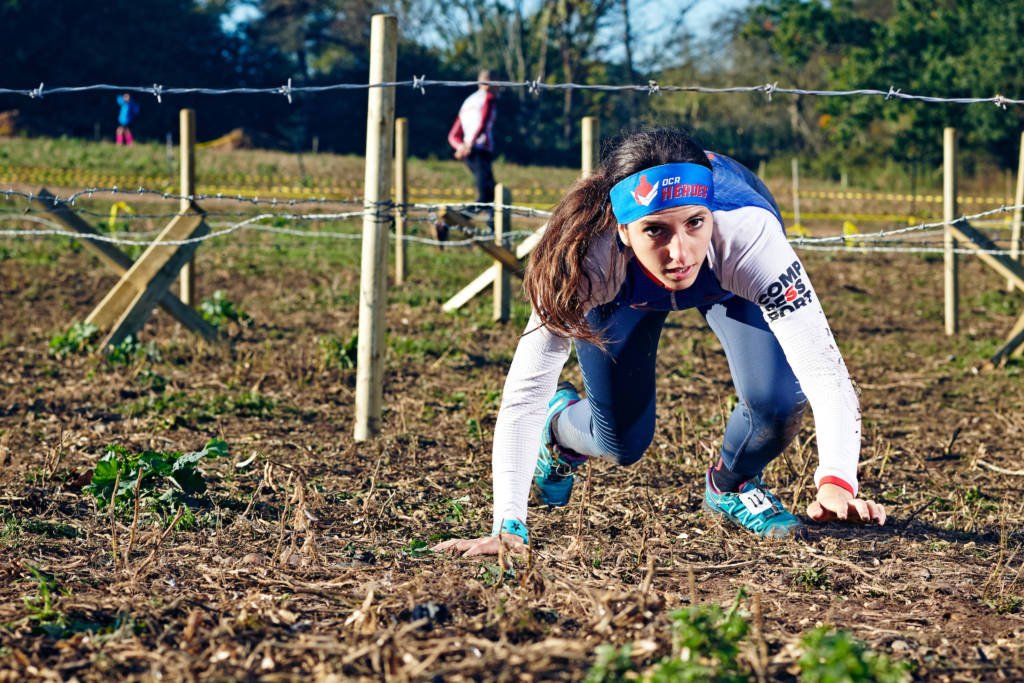
2. Know your limits.
Does this sound weird an article about believing in yourself? I don’t think so. If I set out on a course saying “I will complete every obstacle! I will run a 10km OCR in less than 50 mins!” I would end up nothing but disappointed. I’m less of the power of positive thinking and more about the power of realistic thinking. Know your limits, or in a nicer way, know your skills. Be realistic in what you can achieve and set forth to do that. That’s not to say you can’t do better than your goals, but if you’re realistic about your skills and weaknesses it means you can have an accurate goal to aim towards, and you also know what to train on and how to improve.
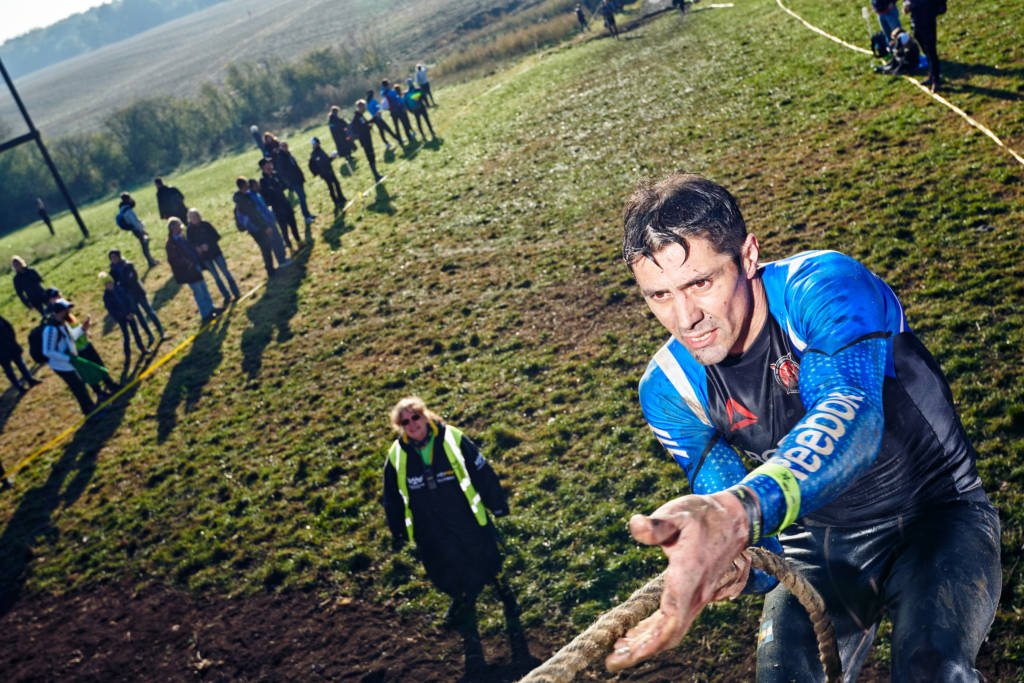
3. Plan & Train.
Plan your events wisely. If you don’t want to end up burnt out and injured- whatever level you run at- plan what you take on. Don’t run every race that comes up because you will get exhausted, and you’re leaving no time for training. Plan your year sensibly, leaving enough time for recovery and training between each race.
And speaking of training: do it. Make it part of your life. From running, to weights, to bouldering. Once a week to multiple times a week, train according to your goals. It doesn’t have to be your life if you don’t want it to be, but it needs to be part of your life if you want to take on these events. Also, highlight key areas that need work and work on them. Make that your priority. A few minutes a day can go a long way to success, and do you know how much more confidence and self belief you have when you know you can do something rather than just hope?
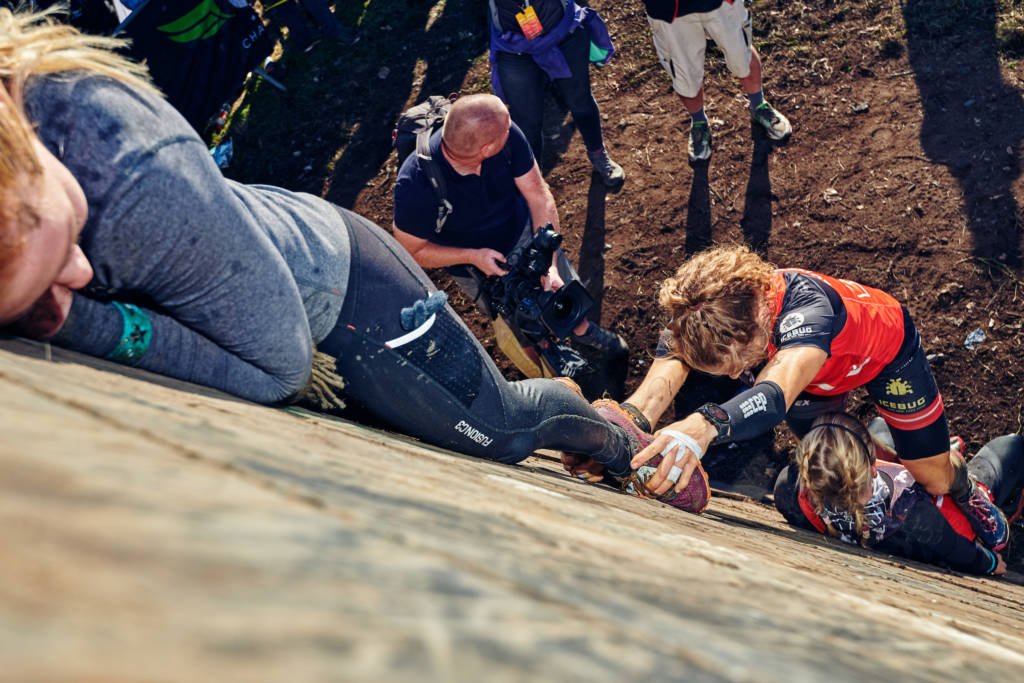
4. Believe you can do it!
In the words of Stuart Amory, who last year ran 585 Miles from London to the North of Scotland: “Once you cross that start line you will not fail”. You need to believe in yourself. You need to know that what you want to set out to do, you can do. Without arrogance, be confident. Don’t question what you can achieve, and that the hardest part was starting. Don’t let the thought of quitting enter your mind, remind yourself it’s one foot in front of the other, that you will finish; even if you stumble along the way. It’s all doable.
5. Be proud of your achievements.
The word “failure” is powerful. People are so terrified of it, it definitely has negative connotations, and whilst I believe a level of failure is necessary for growth (after all, if we think we are infallible and perfect, how will we get better?) I don’t believe in beating ourselves up for it.
Whilst you should believe in yourself and have definite goals for what you want to achieve, if this doesn’t happen it doesn’t mean you revert into failure mode. This is your chance to asses, improve, and move forward. I love when I see people say “I tried my hardest and I didn’t achieve my goal but that’s ok. Next year I will do better”. We are never perfect, none of us. If we always achieve everything we set out to do, we’re probably aiming too low, but that doesn’t mean we don’t set our goals. Set them, believe in them, be ambitious, but don’t be afraid to not hit you target, that’s ok, it’s human!
